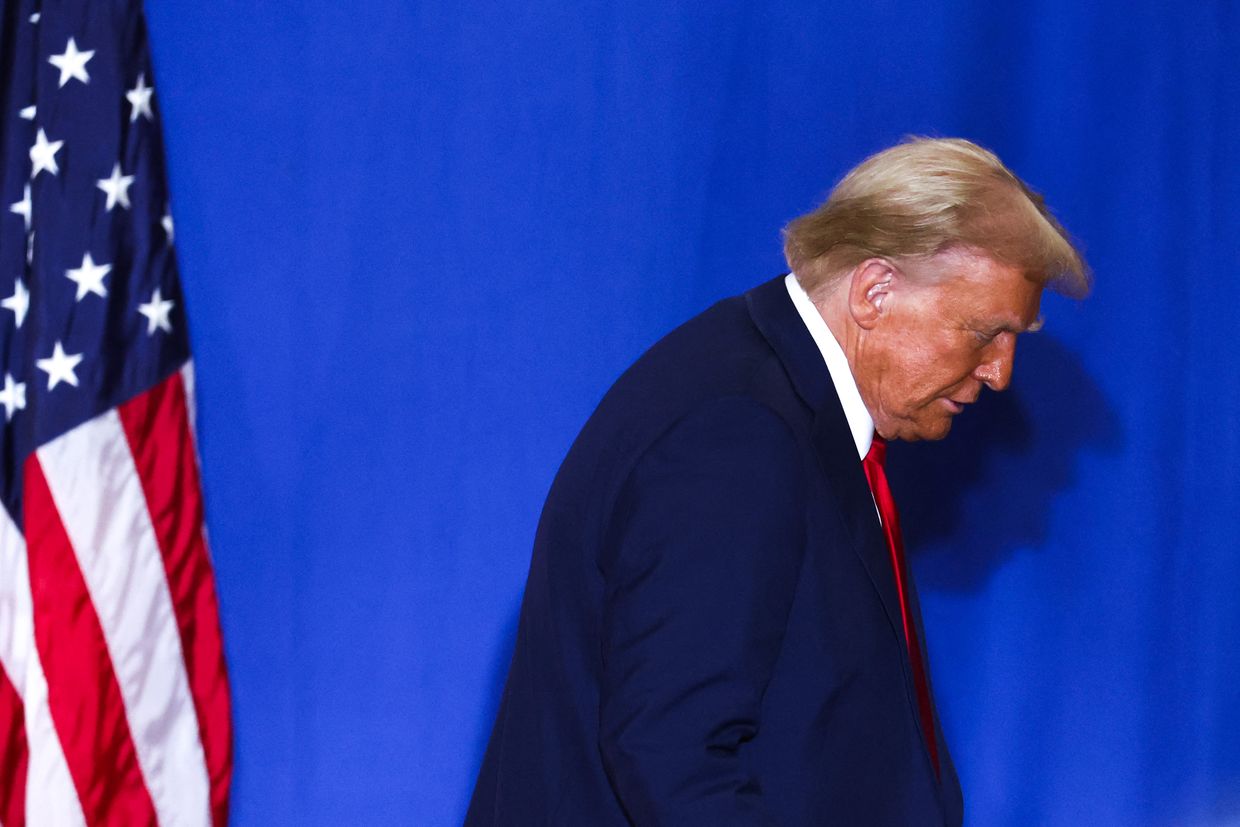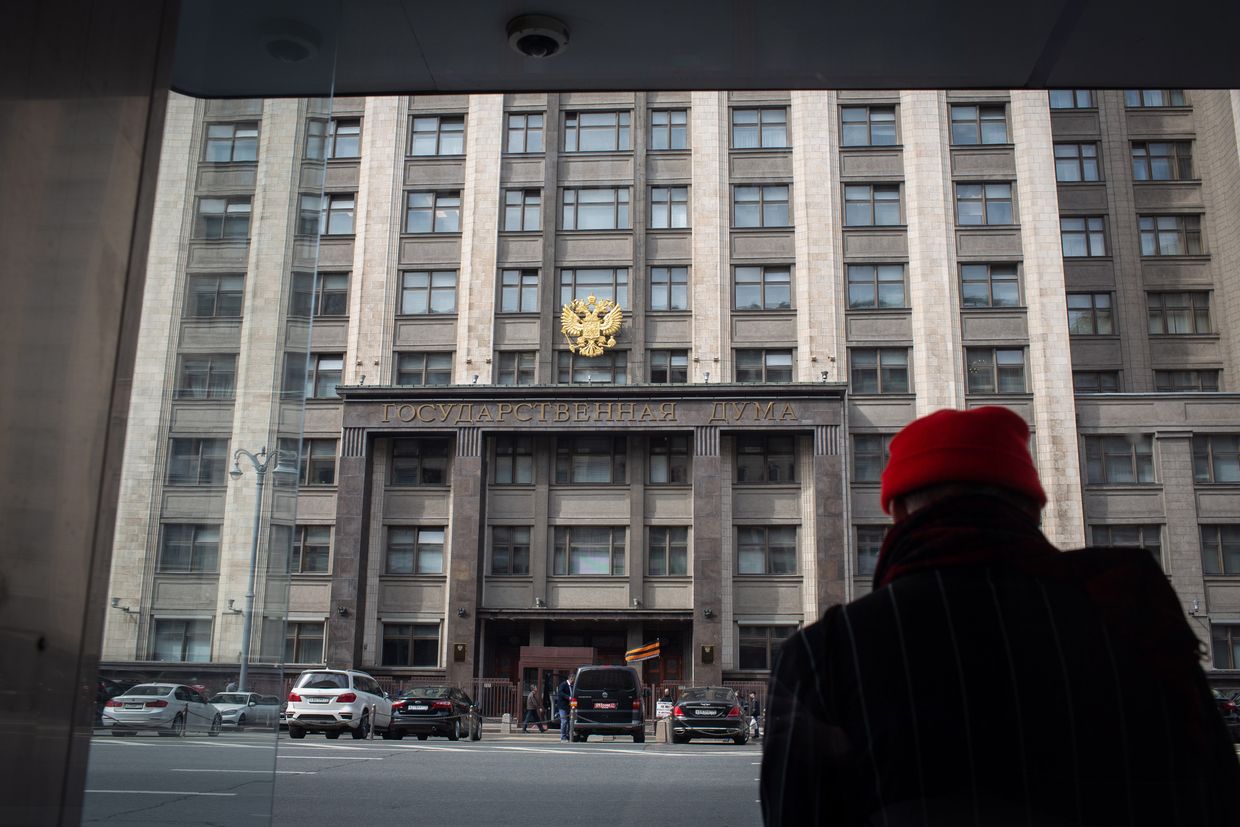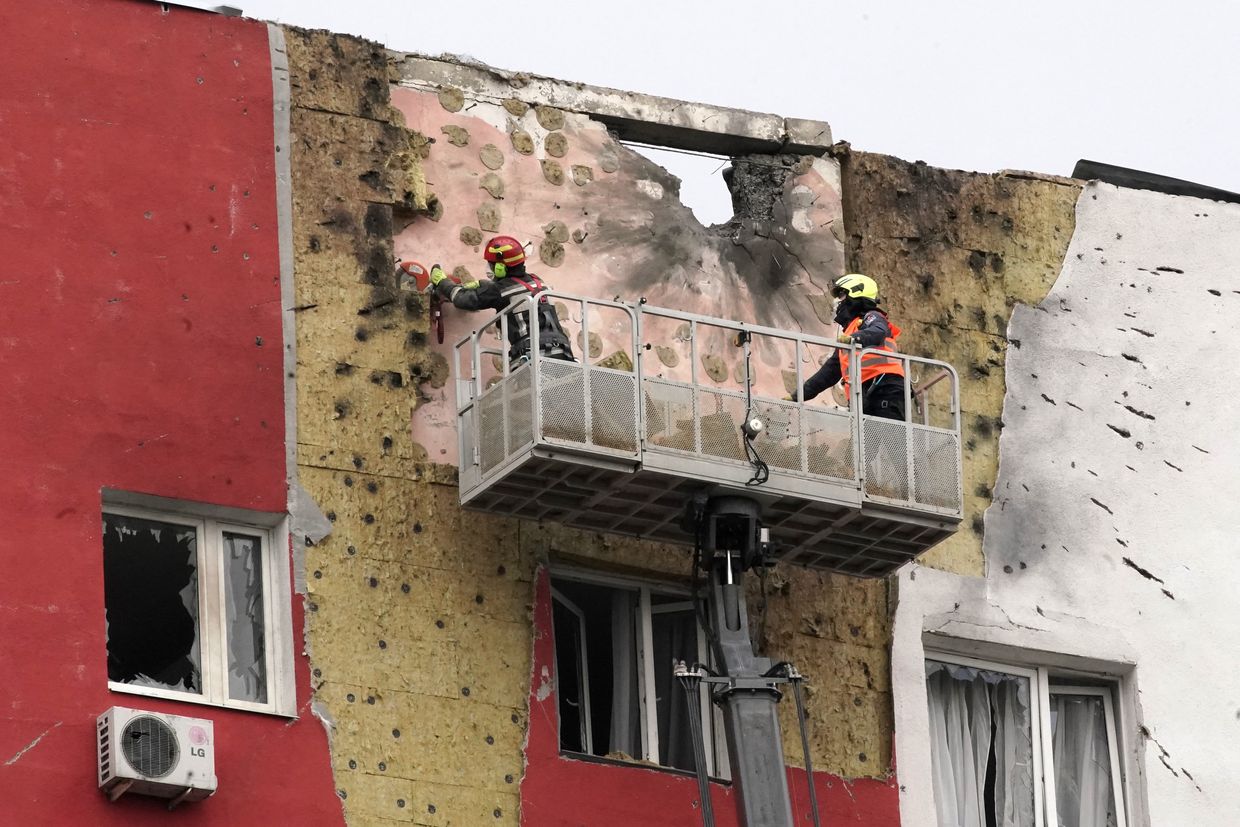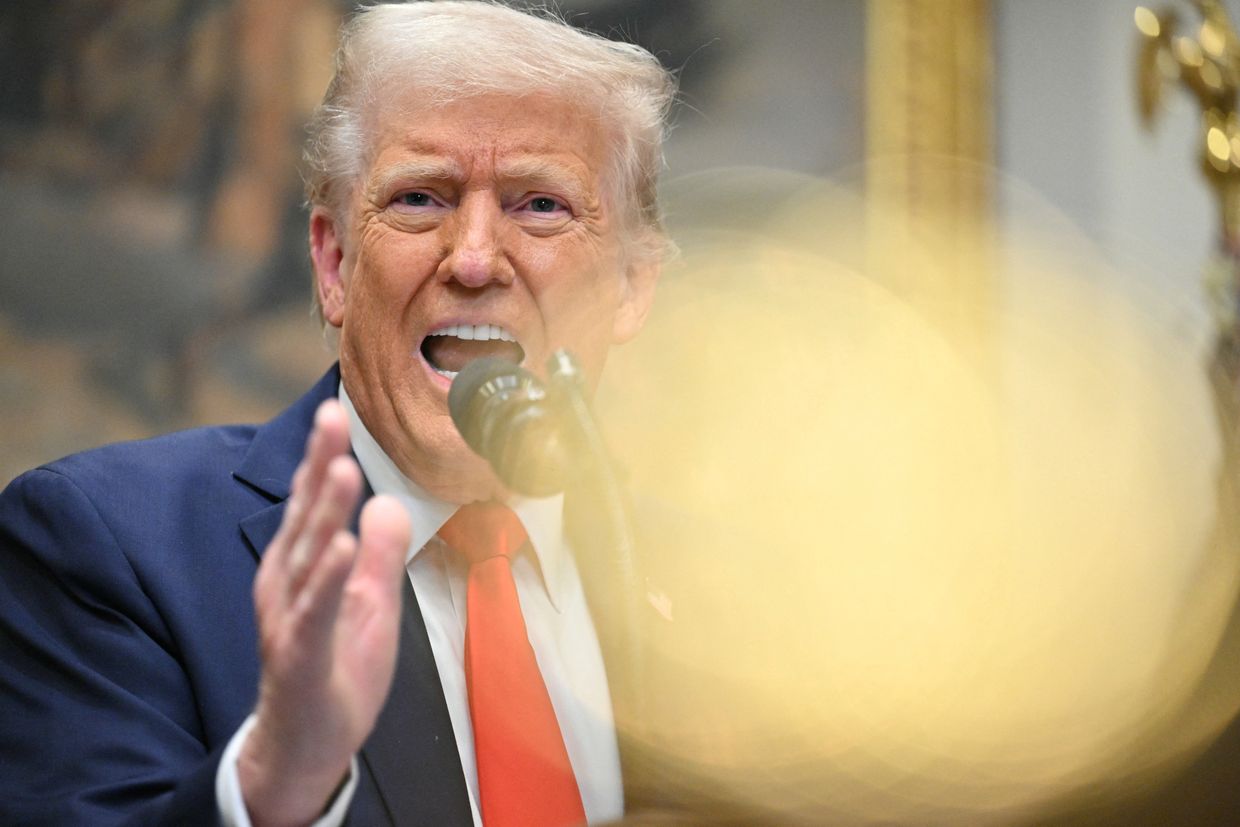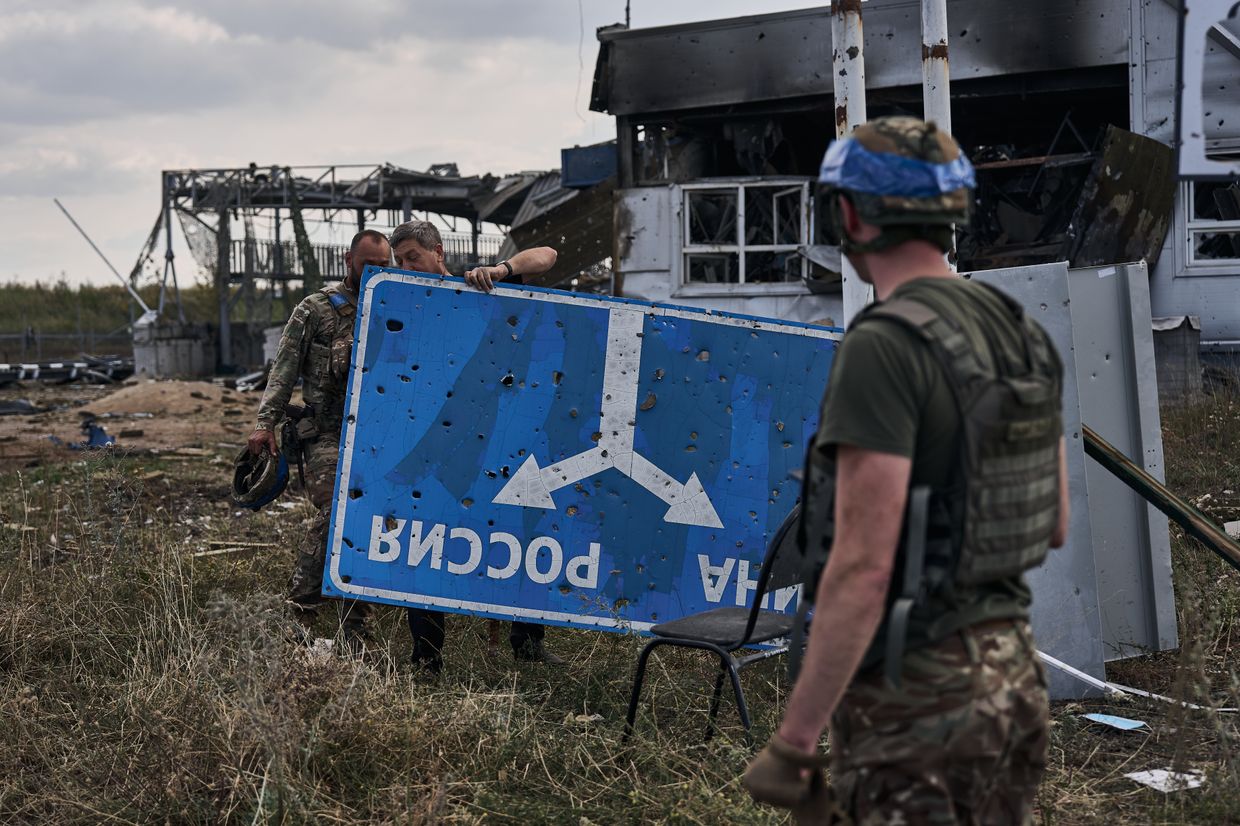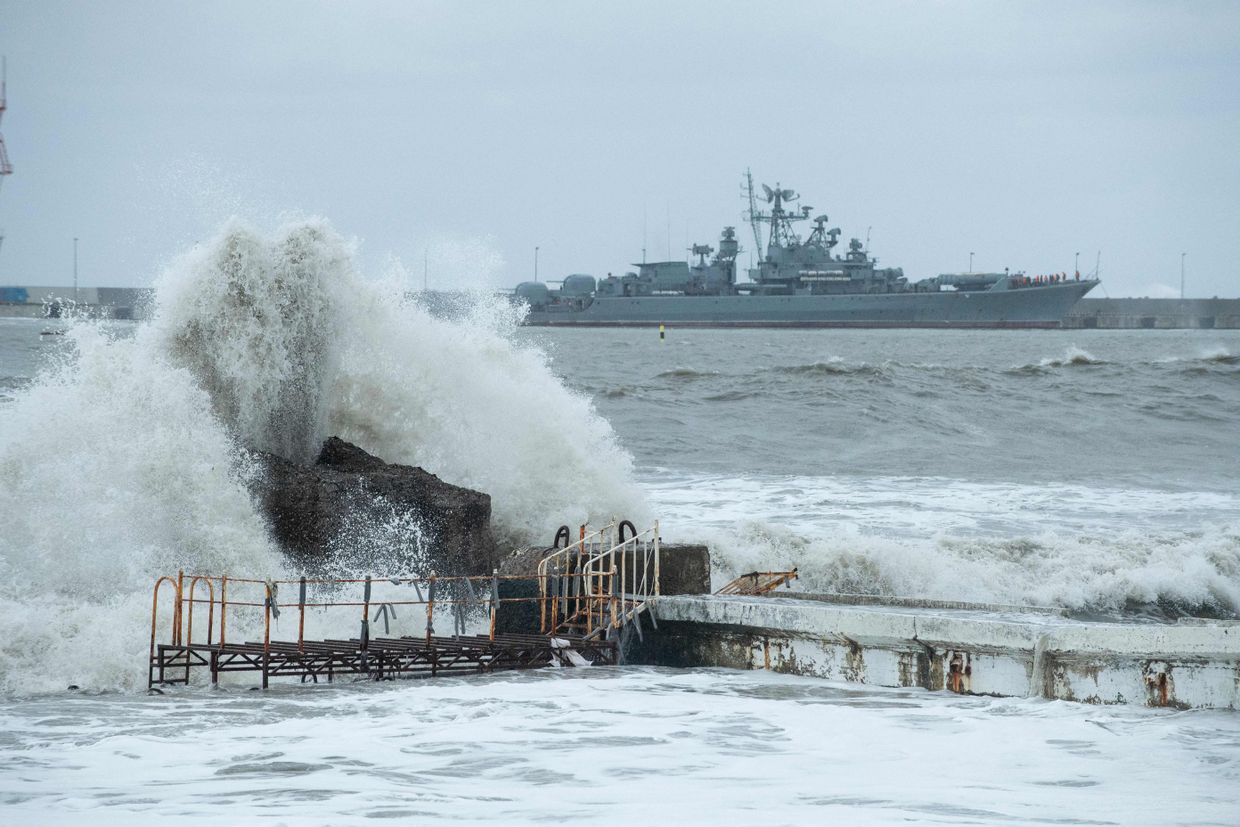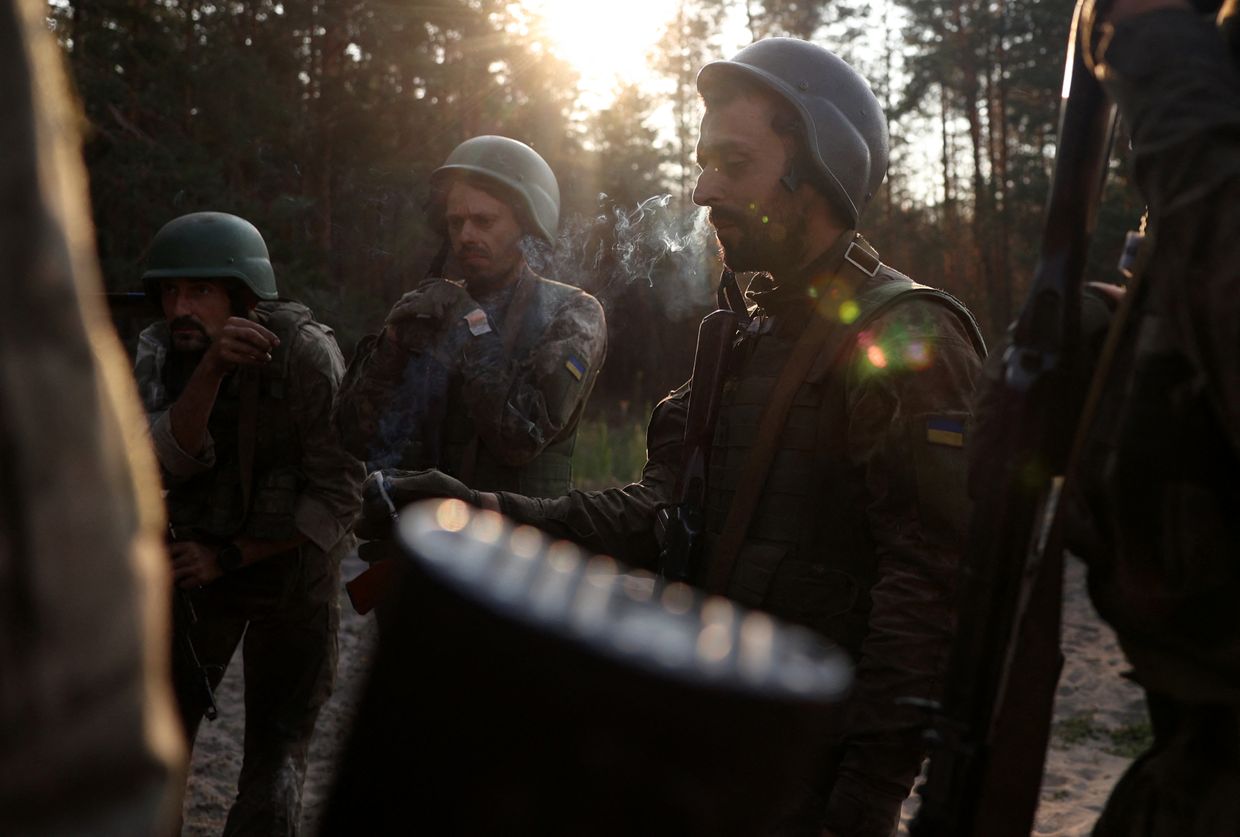Russia's State Duma approved in the first reading a package of three bills tightening control over dissent and expanding state repression, Russian independent news outlet Meduza reported on April 2.
The proposed laws broaden the definition of "foreign agents," allow trials in absentia for anti-war offenses, and introduce harsher penalties for "discrediting" the military.
The first bill expands the criteria for labeling individuals as "foreign agents," a designation the Kremlin has used to target independent media, NGOs, and critics.
Under the new provisions, anyone assisting foreign organizations that "act contrary to Russia's interests" or gather military-technical information could be classified as a foreign agent.
Those labeled as "foreign agents" face strict financial reporting requirements, fines, and public stigma, effectively silencing dissent and limiting free speech.
The second bill allows trials in absentia for citizens who have left Russia, covering 20 categories of crimes, including spreading "fakes" about the Russian army, "discrediting" the military, calls for extremism, and violating Russia's territorial integrity.
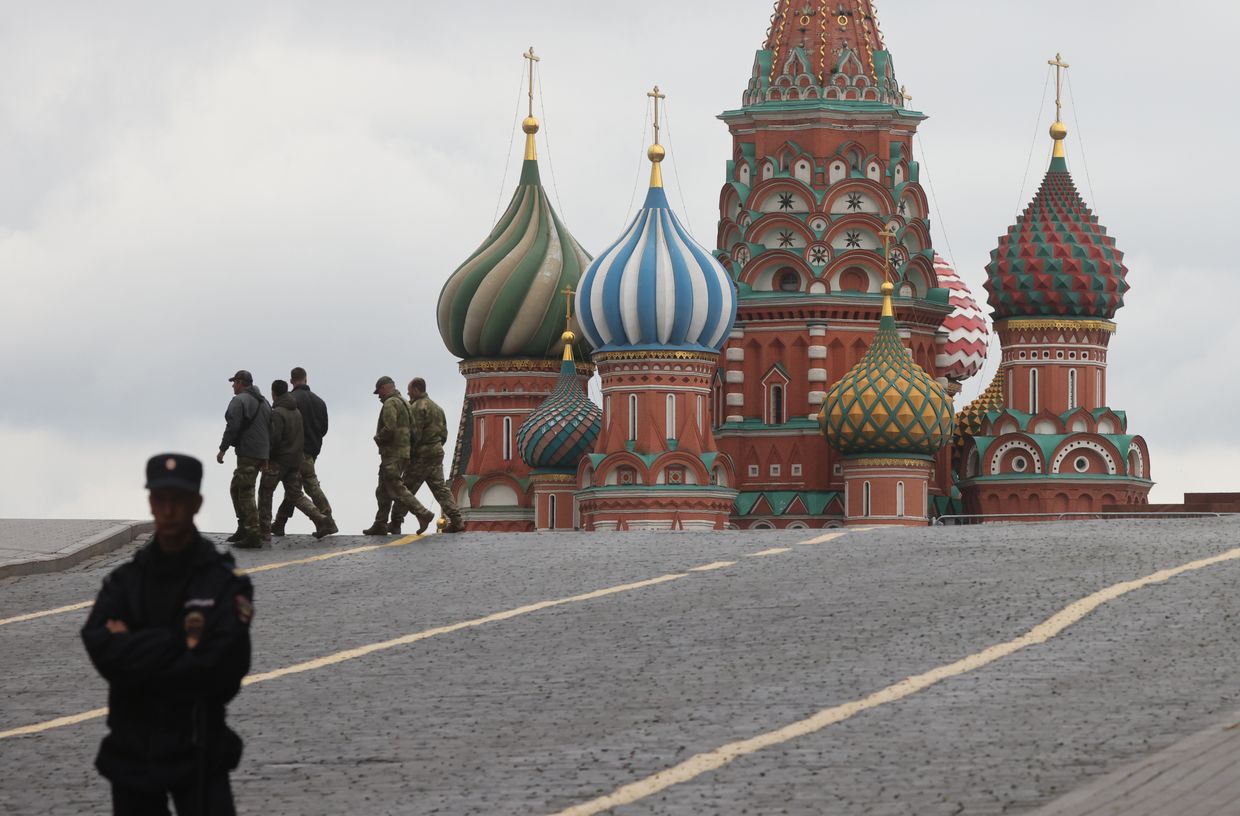
Since the start of its full-scale war against Ukraine in 2022, the Kremlin has used censorship laws to prosecute dissent, with thousands facing fines or prison sentences for criticizing the war or reporting non-state-approved information.
After President Vladimir Putin announced a partial mobilization in September 2022, hundreds of thousands of Russians fled the country to avoid conscription.
The third bill introduces stricter penalties for anti-war offenses. Those accused of providing "self-serving assistance" to international organizations that Russia does not participate in could face up to seven years in prison.
The legislation also increases sentences for "discrediting" the Russian army and calling for sanctions against Russia, with penalties of up to five years in prison if committed for profit.
If passed in subsequent readings, the laws would further entrench the Kremlin's crackdown on dissent and solidify legal mechanisms to prosecute Russians abroad.
